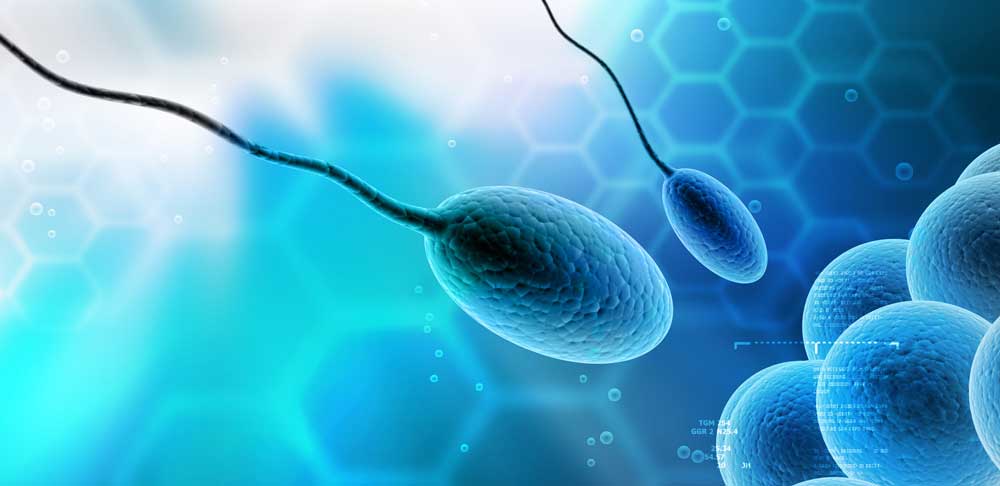Your lifestyle choices can either help or hinder your sperm quality.
Here are a few factors that you should take into account when trying to conceive or looking to donate sperm:
- Overheating: Human testes cannot function properly unless they stay cooler than the rest of the body. Too much heat exposure causes a considerable drop in sperm count. This can come from spending too much time in hot tubs, wearing briefs regularly, and even extended laptop computer use. If you frequently use your laptop on your lap instead of on a desk, you can experience increased scrotum temperature up to 35 degrees in certain positions. This not only lowers sperm count, it can also negatively affect the process of male gamete formation. Wearing constrictive lower-body wear such as tight briefs or bicycle shorts for extended periods of time also create a less hospitable environment for sperm production.
- Obesity: Although only extreme levels of obesity may negatively influence male reproductive potential, obesity does lower sperm count. This is because compared to normal and overweight men, obese men have reduced testicular function, and increased production of female hormones, which leads to significantly lower sperm counts.
- Party Lifestyle: Alcohol abuse is a big factor affecting young men’s semen quality and count. Cigarette smoking damages sperm DNA, causes slow-moving sperm, and increases erectile dysfunction. Lastly, marijuana isn’t all that safe either, as smoking pot has been shown to reduce sperm count, function, and overall male fertility.
- Stress: Stress can increase abnormal sperm and reduce sperm concentration overall. Getting enough sleep, eating well, and regular exercise all help to release pent-up tension and energy in a healthy way.
- Get more folate: Men with lower levels of folic acid in their diet have a higher rate of abnormal chromosomes in their sperm. This can result in miscarriages or birth defects. You can get more folate by taking folic acid pills, or eating foods that are high in folate such as beans, leafy greens, whole grains, and citrus fruits.
Citations:
http://www.health.com/health/gallery/0,,20344474_11,00.html




